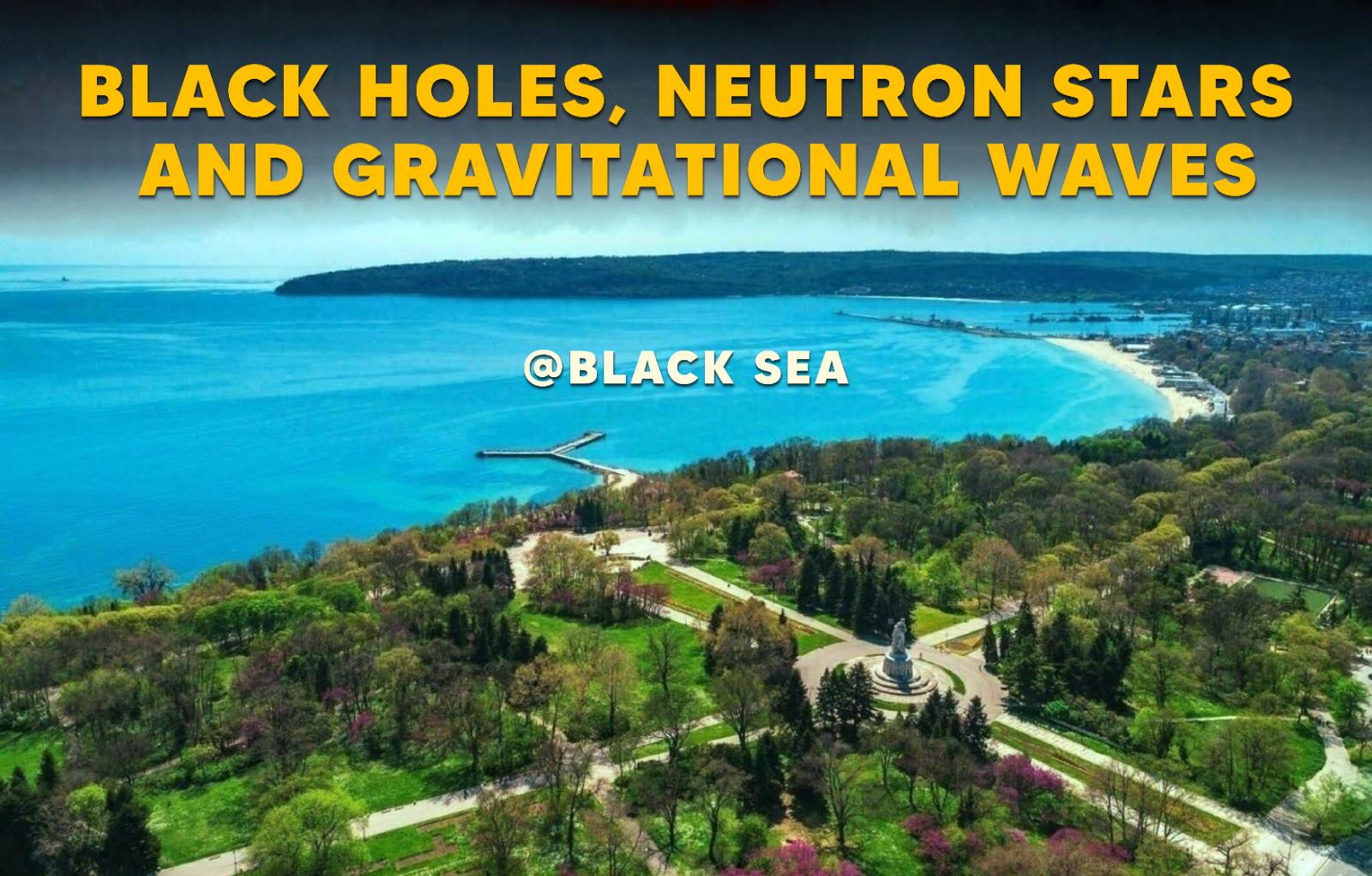Speaker
Description
We investigate the imprint of magnetic fields on gravitational waves from the inspiral phase of eccentric binary neutron star binaries (BNS). While neutron stars are typically observed to exhibit strong magnetic fields ranging from $10^{14}$ to $10^{15}$ G, theoretical models predict strengths up to $10^{18}$ G. BNS systems formed through dynamical capture may retain substantial eccentricity and extreme magnetic fields during their late inspiral, potentially affecting the gravitational waveform. These fields can influence the orbital dynamics through magnetic interactions and electromagnetic emission. Using a perturbative approach, we derive solutions for the equations of motion, total energy loss rate, and gravitational wave (GW) phase evolution. Our findings indicate that dephasing effects caused by magnetic fields of 10^15 G can produce sizable contributions to the gravitational wave signal detectable by third-generation gravitational wave detectors. In the deci-hertz band, our analysis suggests that even weaker fields of 10^14 G could leave a detectable imprint. Thus, future GW observations could offer a novel way to probe neutron star magnetic fields, providing insight into magnetar binaries and their formation channels.

